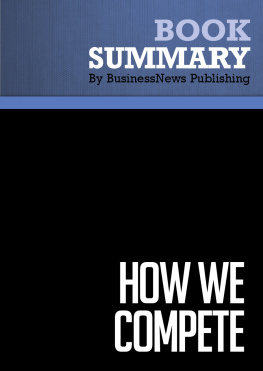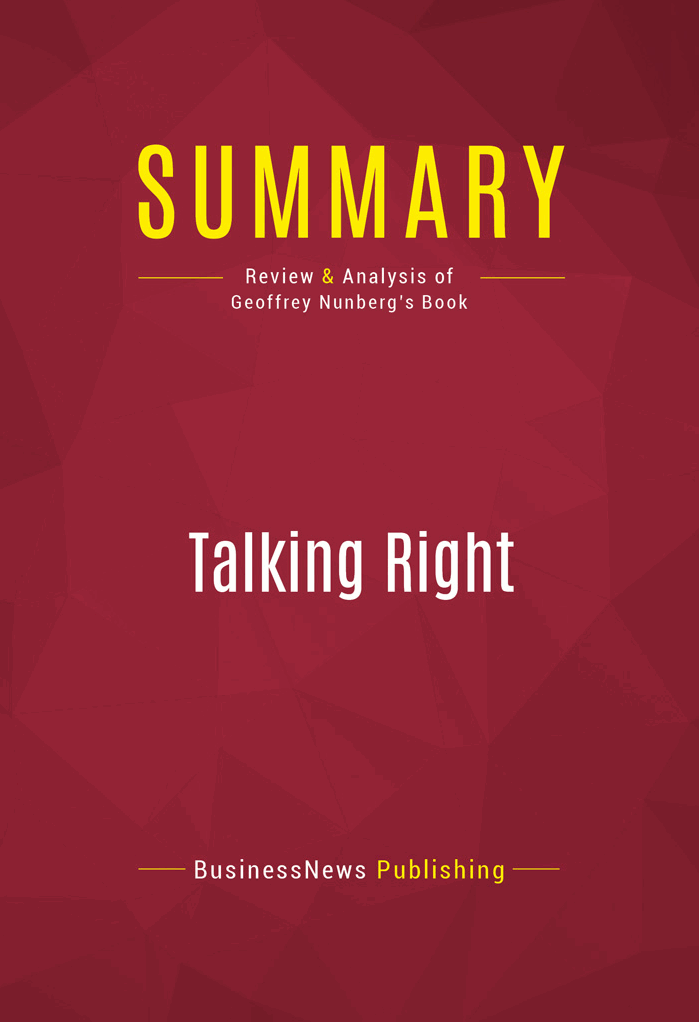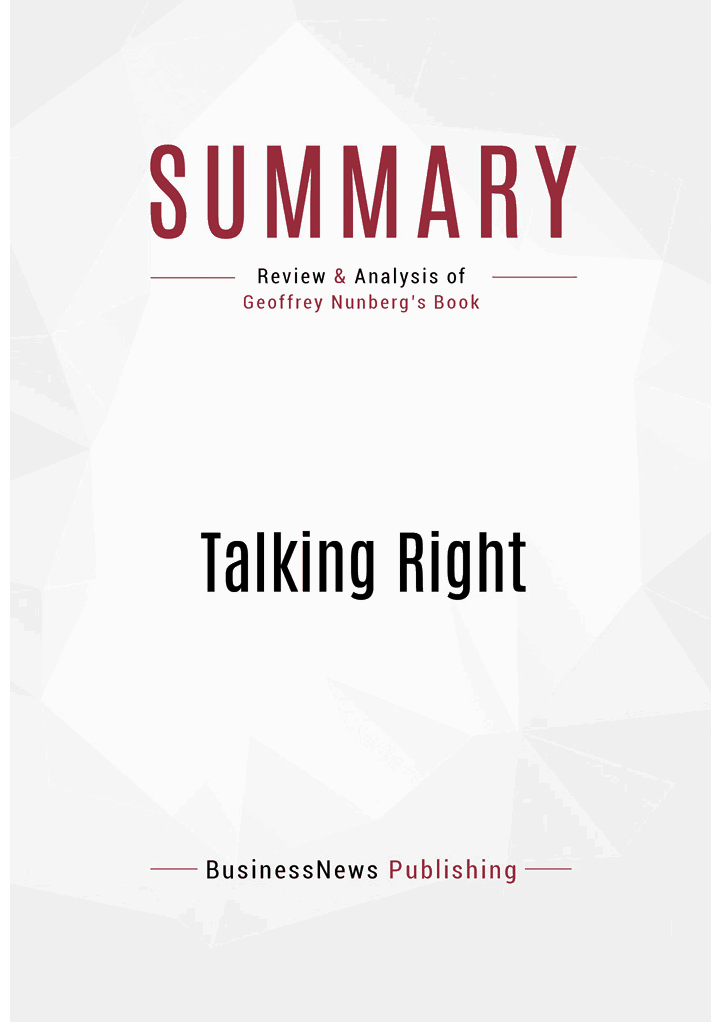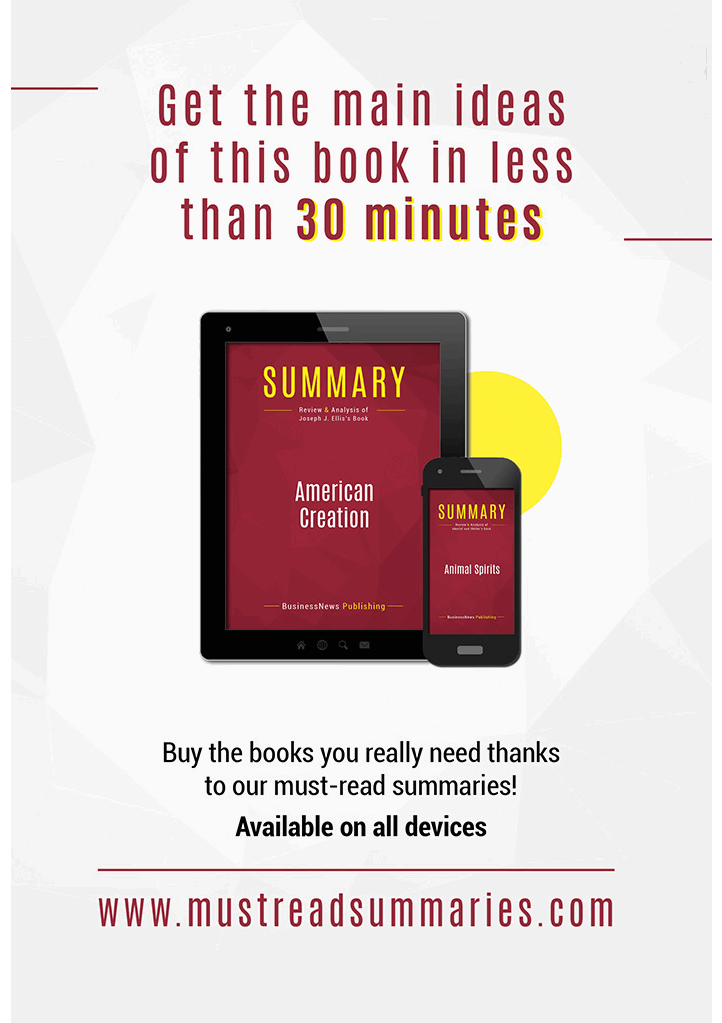Since Nixons untimely removal from office, conservative think tanks have been working to take back the White House and Congress. Karl Rove, prominent Republican financiers and conservative think tanks have collaborated to mold public perceptions and perspectives in a way that has made many Americans view Republicans as their peers, despite the fact that Republican ideologies are often not in the best interests of average Americans. Nunberg discusses languages role in this recapture of American hearts and minds by Republicans. He reveals how, by redefining common words such as Liberal with completely new meanings and stereotypes, conservatives have dominated debates and defined the issues. He also addresses what Democrats need to do to reclaim their power.
Chair of the American Heritage Dictionarys Usage Panel, Geoffrey Nunberg teaches linguistics at the University of California at Berkeley. He is the author of The Way We Talk Now and Going Nucular . He is also a guest columnist for the Sunday New York Times .
Summary of Talking Right (Geoffrey Nunberg)
The Shadow of Language
Democrats have a problem explaining their vision for America in a way that differentiates them from Republicans. Many Americans, particularly those in the South, dont see a real difference between Democrats and Republicans. This inability to present a coherent vision and establish a distinctive political identity has been exploited by the Republicans in a concerted effort to win over Southern Democrats during the last 40 years.
Co-opting moral values language has enabled Republicans to portray themselves as the party with values. The lure of the Republicans values talk is so powerful that many Americans readily admit that Democrats are better at taking care of Americans interests, but they still vote Republican. Conservatives dont actually use words like mom, country or apple pie. They use words that evoke an entire context replete with associations that recall mom and apple pie. These contexts have been dubbed frames by language luminaries like George Lakoff. Lakoff contends that until Democrats can frame their vision and convey it in complete catch phrases like the Republicans do, they wont be successful with the American voter.
Studies of the ways in which language can command and motivate human behavior have been the focus of Republican think tanks for years. Frank Luntz has proven to be a master with language and wording. He is the person that turned legislation aimed at easing air pollution regulations into The Clear Skies Act, the estate tax into the death tax, logging of virgin old-growth timber into the Healthy Forests Act, and so forth. Luntz explains his methodology thusly: first, neutralize the problem by allaying the audiences concern over a specific issue and second, convince them of the concern and sincerity that are being brought to bear on solving the problem. Often, Luntz adopts the language and phraseology of the special interest groups such as environmentalists, anti-corporate corruption organizations and so forth even though the legislation aims to go against these groups efforts.
While Democrats should not merely mimic conservatives in their use of language, there are things Democrats can learn. Conservatives dont just use words; they create context and back stories that embody the meaning they want to summon with the use of a particular word or phrase. President Reagan was the best example of this technique. Some Democrats, like John Edwards or Bill Clinton have Reagan-esque story-telling skills. However, their stories dont embody the Democratic Partys perspective. Instead, they are viewed as using stories to convey their individual perspectives.
Part of the reason that no particular Democrat is perceived as being the messenger of the Party is because the Party is widely divergent in its views. Instead of agreeing on central talking points as the Republicans have, the Democrats tend to just present all points of view. This creates the appearance and reality of a rabble rather than a party.
Republicans, by contrast, have agreed upon specific messages that they use to create talking points. These points are repeated over and over as often as possible until the public internalizes the Conservative point of view. Democrats need to determine what they really do stand for, create a phrase that embodies those values and link that phrase to an appropriate context.
One word that Conservatives have co-opted from the Democratic lexicon is Liberal. Conservatives have imbued Liberal with every possible character defect. According to Conservatives, Liberals are weak-willed, self-indulgent, ambi-sexual, wife-swapping, left-leaning individuals who reside outside of mainstream America. Conservatives are perceived as more typical of the average American than Liberals. Part of the challenge for Democrats is to create a brand identity. A brand that is clearly different from that of the Conservative, such as the brand of the traditional Democrat being champion of the average Americans upward striving and hopes. Democrats need to become Americas new mainstream to beat conservatives.
Dealing With Class and Other Stratifications of Society
Conservatives began redefining Liberalism during Nixons term in office. Spiro Agnew, the vice president, lead the charge against Liberals. He attacked the Liberals in the news media by describing them as nattering nabobs of negativism. He criticized intellectual Liberals for leading the youth of America astray by encouraging them to protest against the Vietnam War. George Wallace capitalized on those who were uncomfortable with the rapid pace of social change and social policy that occurred during the 60s.
Many Southerners were not quite ready to accept desegregation. They werent sure that they understood blacks or that blacks were the same as they were. Conservatives were quick to capitalize on the discomfort that many felt over desegregation and other Liberal policies and begin to talk about middle America as a new demographic. Middle America was that group of people who believed in hard work, a moral framework for all activities and self-governance by communities rather than the central government. Even though the Conservatives were unambiguously for programs that benefited the wealthy, they sought ways to minimize this agenda by playing upon middle Americas belief in fair play. Every time the media tried to reveal how much Conservative policies benefited the wealthy, the Conservatives began to accuse the media of class warfare.
Conservatives have further confused the entire issue of class by trying to portray people like the Bushes, who are clearly extremely wealthy, as the middle class. Many of the wealthiest people in the United States try to portray themselves as regular folks and anything but wealthy. Strategically, portraying very wealthy Americans as middle class transforms tax cuts benefiting the wealthiest Americans into middle class tax relief. It also conveys the deceptive notion that anyone can become a member of the higher end of the middle class. Conservatives trotted out story after story of middle class family farms destroyed by the death tax even though not one example of such a family was ever found to justify the estate tax cuts.






